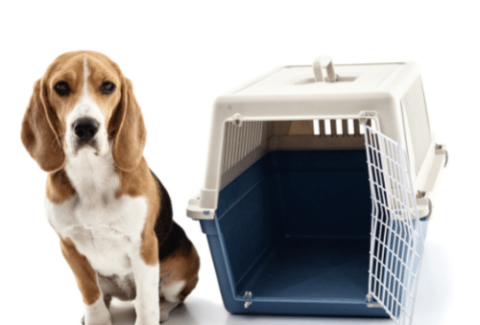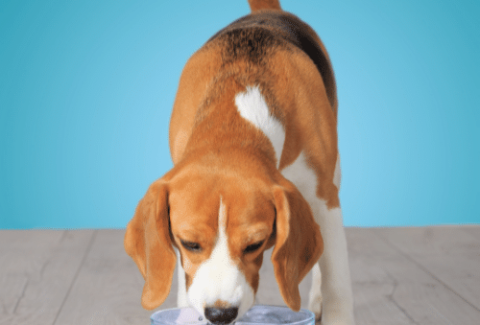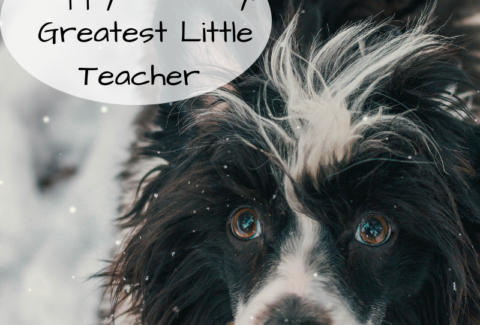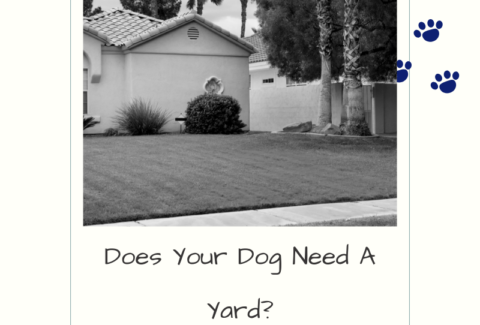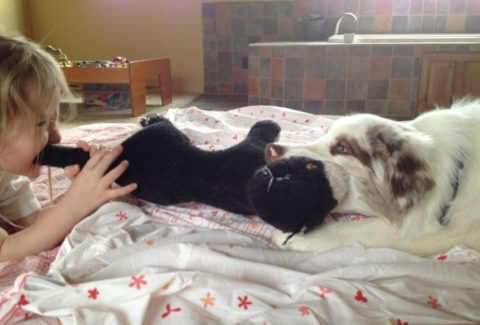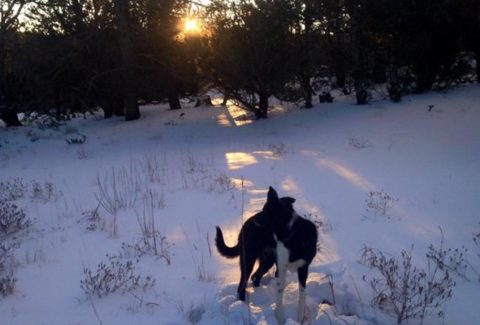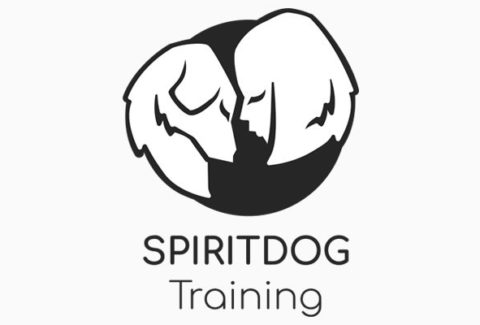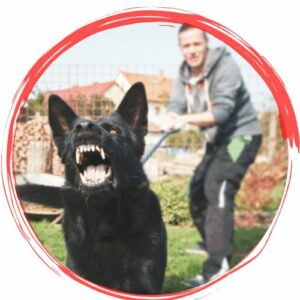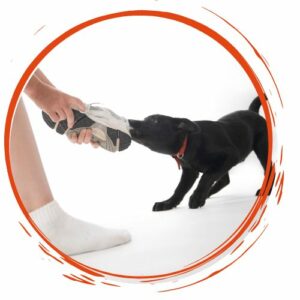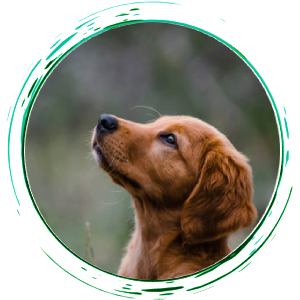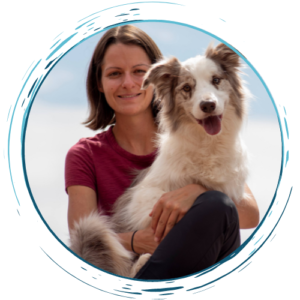Don’t Be A Party Pooper
May 9, 2021 2021-05-24 13:56Don’t Be A Party Pooper
Don’t Be A Party Pooper
(I am not a native English speaker. The compound party pooper is not one that I intuitively understood. For a while I believed it was an insult for people who would need to use the bathroom at gatherings. The implied social impropriety astonished and humbled me – what an elegant, noble culture in which one should refrain from relieving oneself if there are many other people around.
Eventually, I learned the real meaning of the word.)

I teach a lot of group classes. In the first part of new classes, sometimes a behavioral spectacle takes place. As new owners and dogs enter the room, the dogs’ mind is instantly blown by the multitude of new stimuli. So many smells, so many people, so many dogs. The more history dogs have had in playing wildly with other dogs (in dog parks or playgroups, or at home), the more they feel the urgent need to go and jump on every new friend in the room. They vocalize, they jump, they pull. The owners hang on to the leashes, the dogs’ nails are digging into the floor, their flat collars so tight around their neck that they interrupt the pulling for a short while to cough and spit.
What is happening is that these dogs really, really want to join the party. We have two options here:
We can be a party pooper.
Or we can have our own party.
If a dog is distracted by something, and we try to break this distraction by telling him to sit, down, watch me; leave it, no, hey, out – the dog knows we are trying to stop his fun. He fully well realizes that if we weren’t holding his leash and bombarding him with requests for behaviors that he has no intention, desire and motivation to fulfill (who wants to lie down if they could make a new friend?) , he could have a fantastic time right now.
He will remember that we are the pooper at his party. The next time he gets the chance to have one, he will try extra hard to pull on the leash, or use any short unsupervised moment to go and entertain himself.
The general idea of not letting the dog enjoy reinforcement that he has chosen himself is good. The first questions we should always ask are:
Where is the reinforcement?
Is it where we want it?
If not, we need to control the dog’s access to it.
But then, equally important:
How can we provide alternative (higher value) reinforcement?
A reinforcement will eventually make the dog choose us even if we don’t control the environmental rewards?
Don’t just be a party pooper without offering your dog to join your own party.
Dogs are experience junkies.
They want fun. They want food. They want novel, exciting, rewarding interactions and experiences.
After preventing the dog from accessing the reinforcement he chose for himself, our real task only is only starting:
Figuring out how to engage him in a way that is even more fun.
Fortunately, we can use a wide range of incentives for that: food, toys, games, social interactions, and even access to the environment (on our terms of course).
After keeping your dog from playing with those other dogs, make him play with you instead. Be your most engaging, chipper, fun self.
Don’t be a party pooper, have your own party!
Happy training!
Need game ideas? Check out our Game Online Classes!

